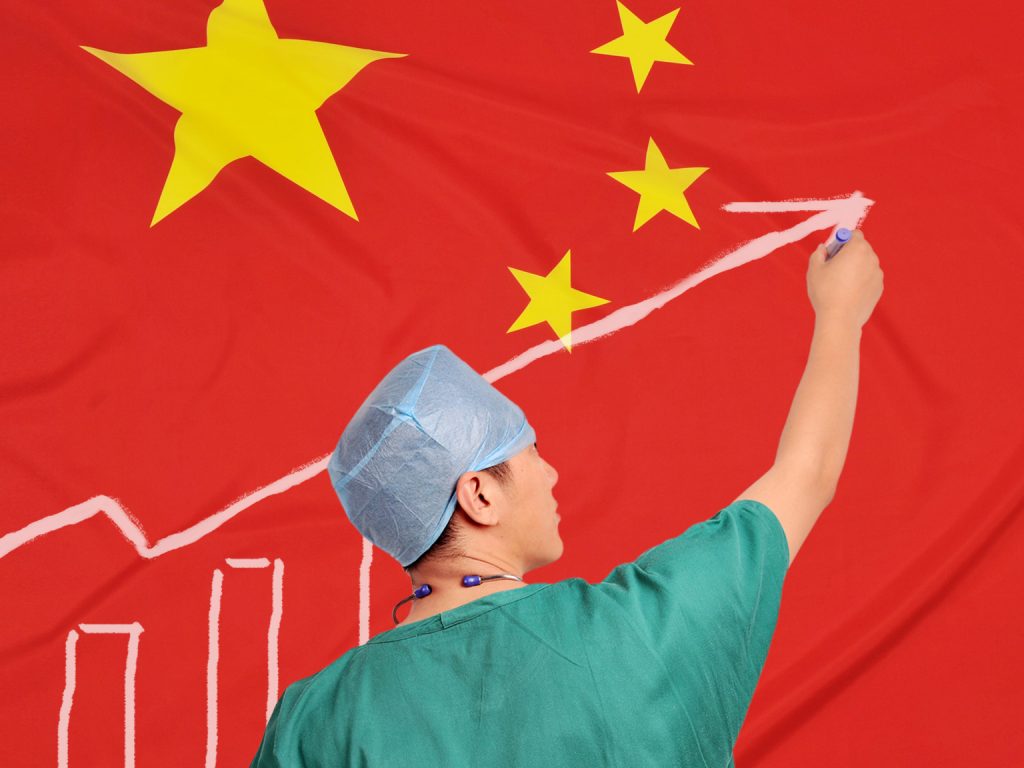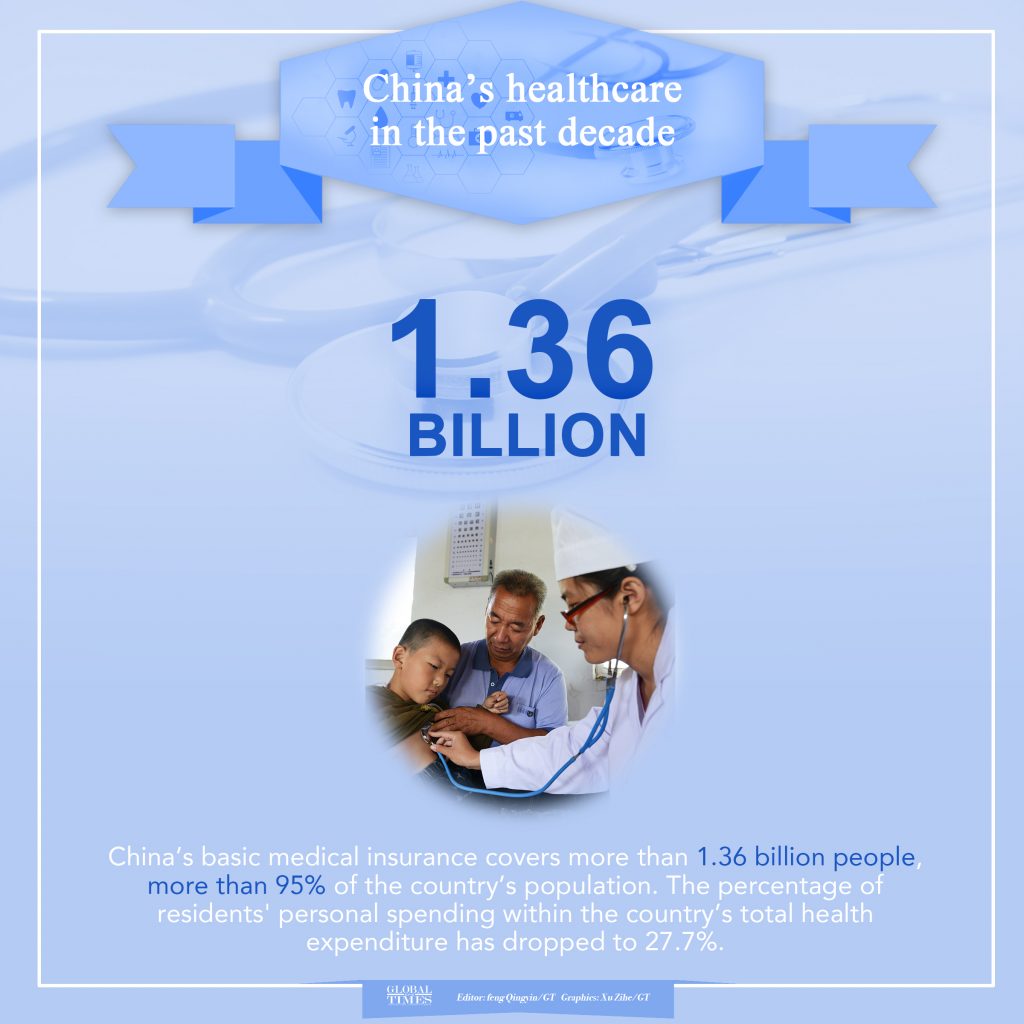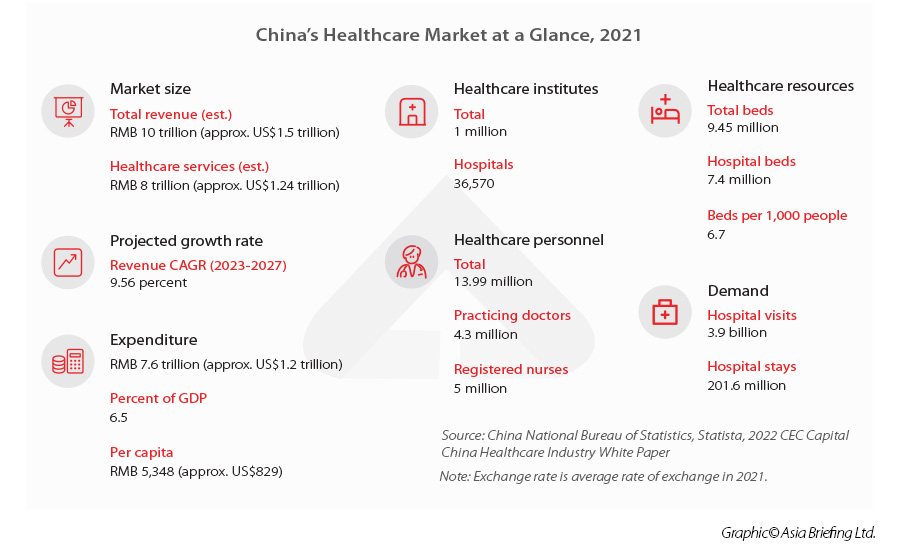Expat Guide to China’s Healthcare System
Moving to China can be an exciting yet unfamiliar experience, especially when it comes to navigating the China healthcare system. For expats relocating to China, understanding how to access medical services and ensure proper healthcare can be a top concern. This guide aims to provide a comprehensive overview of China’s health system, tailored specifically for expats, to help ease the transition and ensure you receive the best possible care.
As an insurance broker specializing in health insurance for expats, our goal is to make your transition to China as smooth as possible, with a strong focus on your healthcare and insurance needs. This extensive guide will walk you through everything you need to know about health insurance in China.
The Public Healthcare System in China
The Current Healthcare System in China
Today, China’s healthcare system is a mix of public and private services, with a strong emphasis on universal health coverage. The government continues to play a significant role, particularly in funding and regulating healthcare. In 2023, China had approximately 38,400 hospitals.
With substantially increased healthcare expenditure and market-oriented reforms in the healthcare sector since the early 1990s, the quality and accessibility of healthcare facilities in China improved considerably in the last three decades. Since 2000, the number of hospitals in China has more than doubled, while the medical standards and equipment in the country’s best hospitals can be comparable to many elite hospitals in the developed world.
- China’s healthcare system is structured into three main tiers, each serving distinct roles in the nation’s medical landscape. At the foundational level are primary healthcare institutions, which include community healthcare service centers in urban areas and village clinics in rural regions. These facilities form the front line of medical care, offering basic diagnostic services and treatments for common ailments.
- The second tier comprises specialist public health institutions, which focus on broader population health concerns. These organizations spearhead initiatives in family planning, infectious disease control, and other critical public health programs.
- At the top tier are hospitals, which handle more complex medical cases. These facilities provide both outpatient services for specialized diagnoses and treatments, as well as inpatient care for serious conditions requiring prolonged medical attention or surgical interventions. This tiered structure aims to efficiently distribute healthcare resources and ensure comprehensive coverage across China’s vast and diverse population.
There’s also Traditional Chinese Medicine (TCM). TCM remains an integral part of China’s healthcare system. Many hospitals and clinics offer both TCM and Western medicine, providing a holistic approach to health and wellness. Traditional Chinese Medicine (TCM) has seen a surge in popularity, with an estimated 1.28 billion visits to TCM institutions in 2023.
Talented medical professionals also prefer to work in tier-three hospitals as they offer better research platforms and higher salaries. Consequently, Chinese patients tend to seek treatments directly at hospitals where they can meet specialists and consultants directly, which resulted in overcrowded hospitals, long queues in the early mornings and overnight, and constant burnout among medical staff. In 2022, hospitals in China received more than 8.4 billion patient visits, 1.1 billion more than a decade ago. Inpatient treatments are in very high demand in many specialist hospitals, with bed occupancy rates often exceeding 100 percent.
Private medical hospitals are the most popular among expats in China and generally exist in major Chinese urban areas. Although private healthcare is pricier than the public one, the facilities have the same standard as what would be expected in the West. In such facilities English communication is never an issue, however this is not the case with the public system and is something to be mindful of if you are still learning Mandarin!
Comparison Table: Public vs Private Healthcare in China
It’s worth noting that the Chinese government continues to invest in improving the public healthcare system, and the quality gap between public and private facilities is narrowing in many areas. However, the experience can still vary greatly depending on the specific hospital and location.
| Aspect | Public Healthcare | Private Healthcare |
|---|---|---|
| Cost | Low to moderate | High |
| Availability | Widespread | Mainly in major cities |
| Wait Times | Often long | Generally shorter |
| Language Support | Limited English | More English support |
| Facility Quality | Variable | Generally high |
| Technology | Basic to advanced | Usually advanced |
| Insurance Acceptance | Public insurance widely accepted | Often requires private insurance |
| Specialist Access | Can be limited | Usually easier |
3. Cost of Medical Treatment
Private medical care in Chinese urban areas such as Beijing, Shanghai and Guangzhou and other province capitals is the most costly. The costs now in both Beijing and Shanghai are rapidly increasing and are some of the most expensive in Asia. It is important that you are aware of the benefits which you have on your plan match the type of facility that you are getting treated and that you don’t find yourself paying out of pocket for treatment that your insurance doesn’t have the benefits to cover! You will spot more public hospitals than private ones in rural areas. Several of those public hospitals can provide you with access to VIP wards for private medical care but will be accompanied with fairly high medical costs. In contrast, medical equipment and medical personnel in foreign-owned hospitals are more advanced and better medically educated and thus tend to be more popular with Expats. Public hospitals’ VIP wards are reasonable choices in addition to private hospitals due to excessively lower costs. The quality of the medical treatment you get is equivalent to that in a private clinic although private clinics have more developed medical equipment with the atmosphere in some private clinics is like that of five-star hotels rather than a hospital!
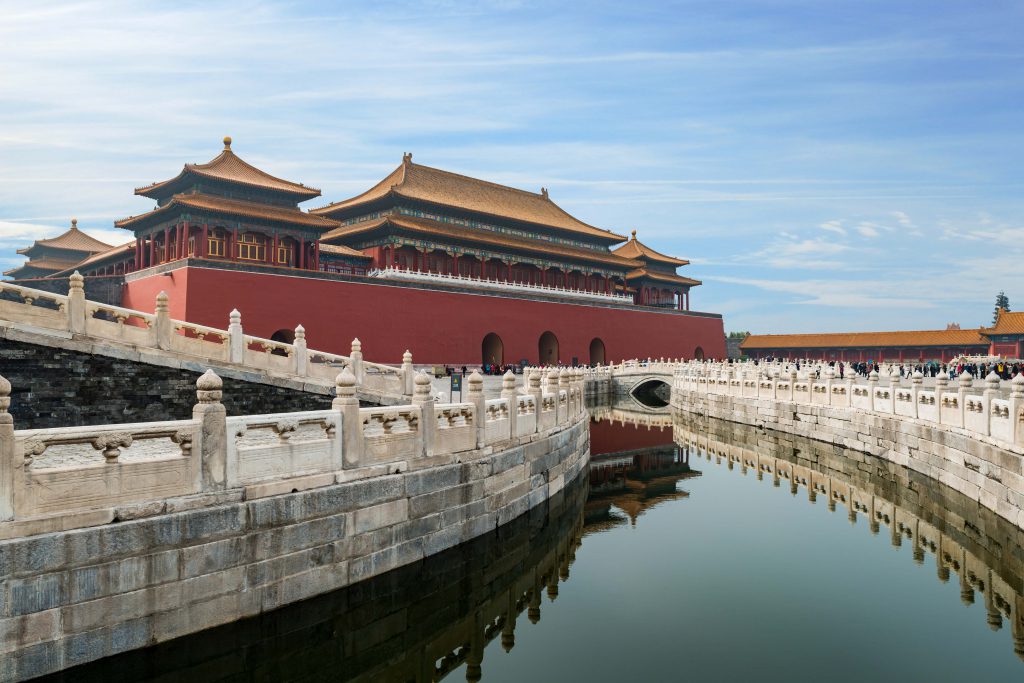
4. Inpatient Care
There are dozens of expat-oriented hospitals in China that offer great inpatient treatment, however, Parkway Health in Shanghai, Shanghai United Family Hospital in Shanghai, Jiahui Health in Shanghai and Global Doctor Guangzhou in Guangzhou are among the most highly recommended.
5. Emergency
Medical emergency services in cities are extensive whereas those in upcountry towns are still limited. As an expat in China, you should stay away from illegal, unofficial ambulances, also known as “private black ambulances”. Although emergency response officers do their jobs really well, they barely speak any English. Expatriates should learn some Chinese key phrases so they can communicate with those officers more effectively in case an emergency occurs. The local emergency number is 120 remember this number and save it coupled with the contact details of your closest embassy so you can get in contact if ever an emergency case happens.
6. Outpatient Care
A number of doctors from Huashan Hospital (Huashan Worldwide Medical Center) in Shanghai, Clifford Hospital in Guangzhou and particularly Peking Union Medical College Hospital in Beijing, International Medical Services also specialize in outpatient care. If these still do not meet your personal requirements, then you are advised to use an online platform called Bookimed to find the best outpatient doctors in China who fit in with your needs.
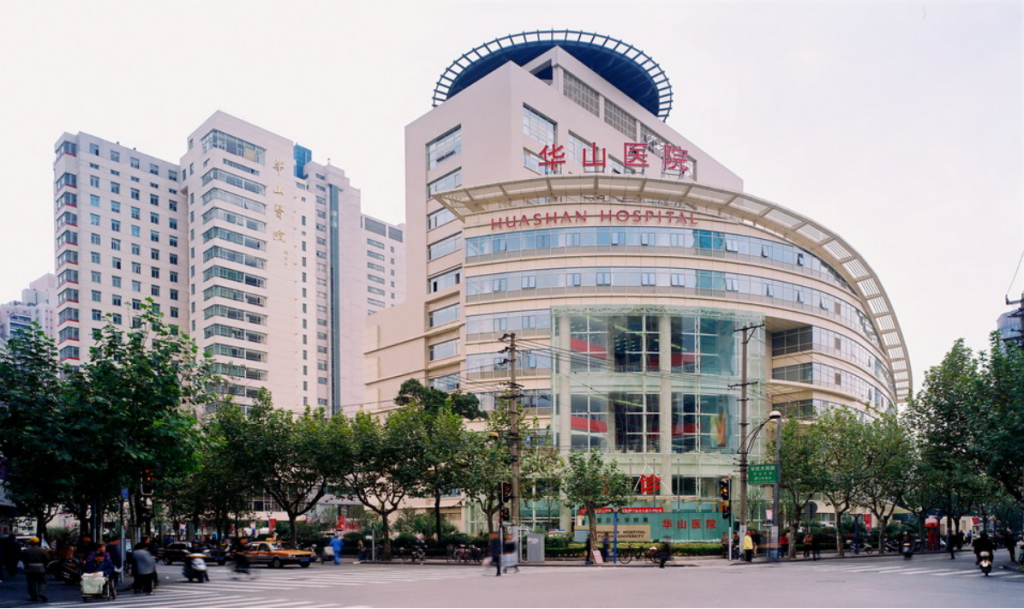
7. Dental Care
Arrail Dental Clinic in Beijing, IDC Dental in Beijing, Dr. Lu International Dental Clinic in Guangzhou, IMC Dental Clinic in Beijing are one of the most popular dental care providers among expatriates in China. Dentists in these venues provide great dental care and speak English fluently so have excellent reviews online which we recommend to check out yourself.
8. Insurance
In China, there are two key types of medical insurance, international insurance and local insurance. Although there are upsides and downsides for both kinds of cover, the popularity of international medical insurance outweighs the local one for expatriates in China due to its stronger benefits in comparison to more localized cover. Offshore insurance is also more flexible and can also be kept in place if you ever need to move to another country.
There have been a dramatic rise in insurance premiums over the past ten years or so in China. On average premiums went up by approximately 13% on an annual basis since 2010. The amount of the annual increases in insurance premiums now bears a resemblance to that in Hong Kong with some insurers.
There are a range of insurers who are a particularly good fit for Expats living in China. The health insurers that we find most popular among expatriates in China include Allianz, April, Cigna and Axa. All have a comprehensive plan range and offer specific deductibles to reduce their insurance premium rates.
9. Our Advice
Always be mindful of the whereabouts of hospitals and dental care providers in case any emergency occurs and also be aware of what the medical costs are in your particular part of China.
Select an insurance policy that suits you best and particularly think of your location as well as your needs and the needs of your family.


